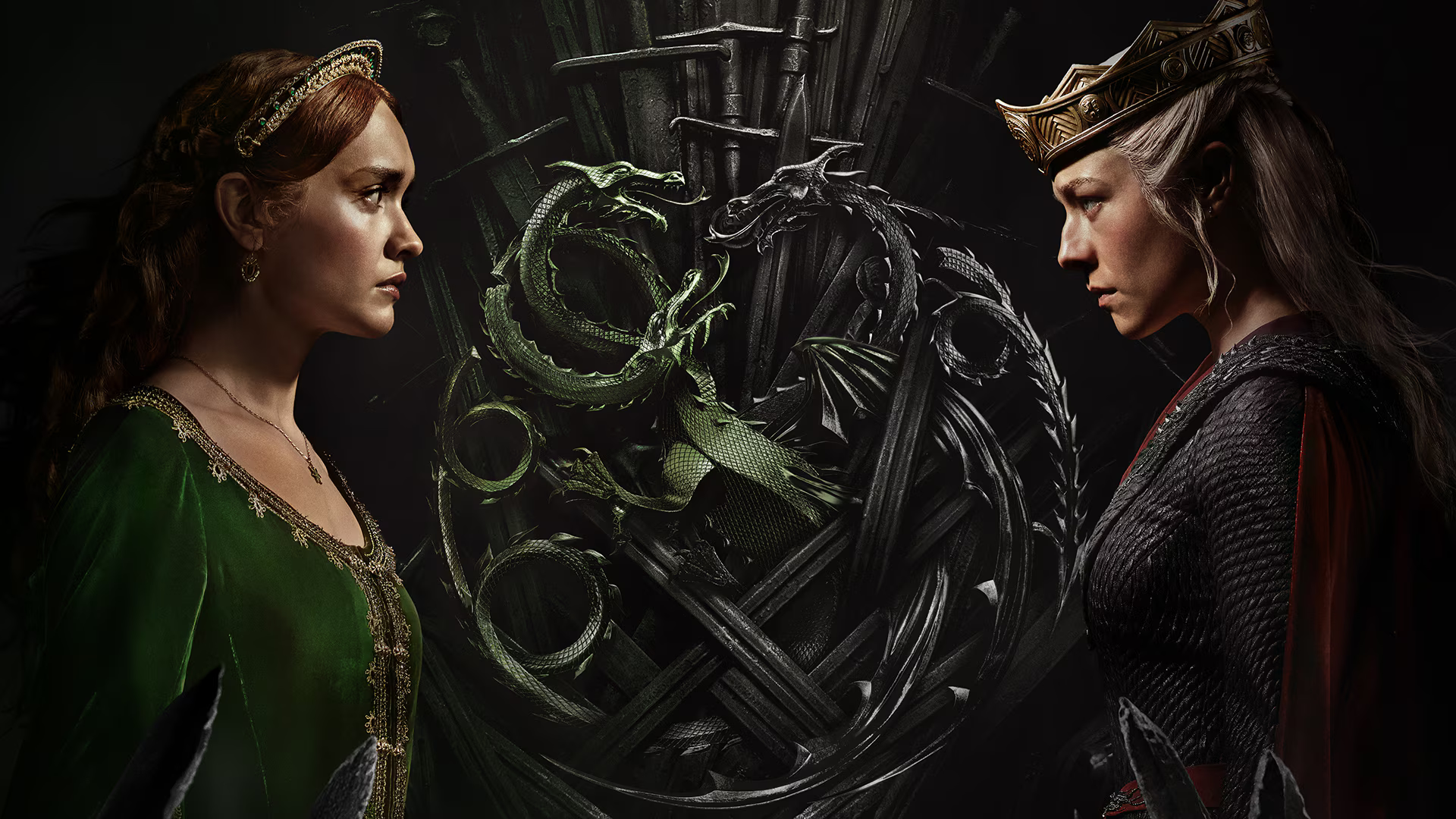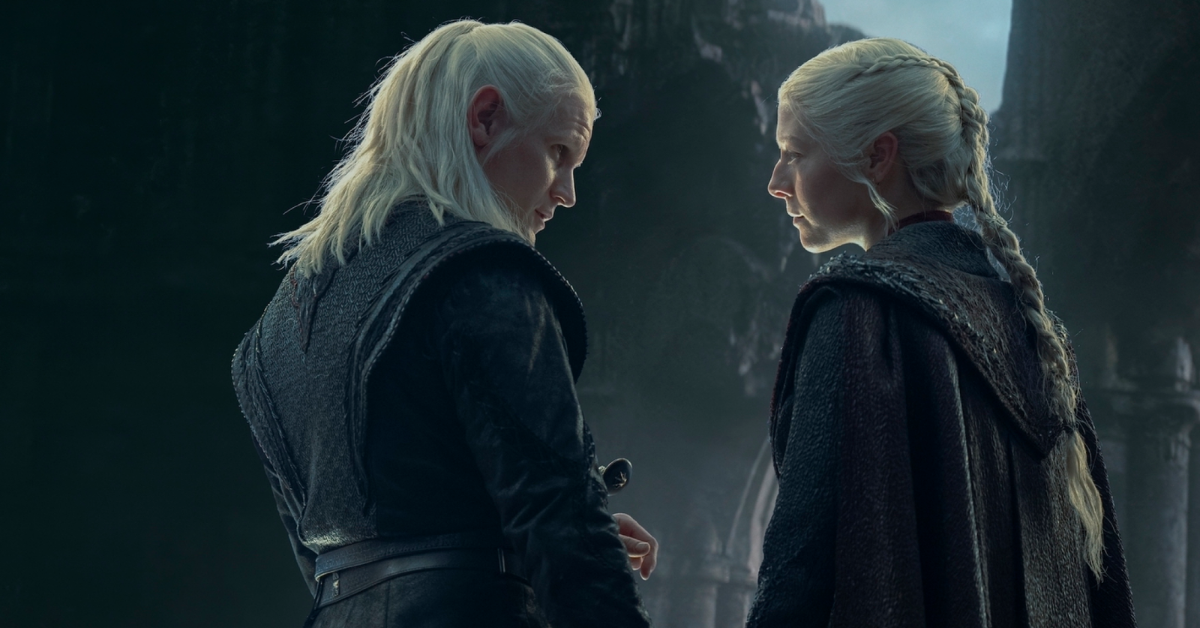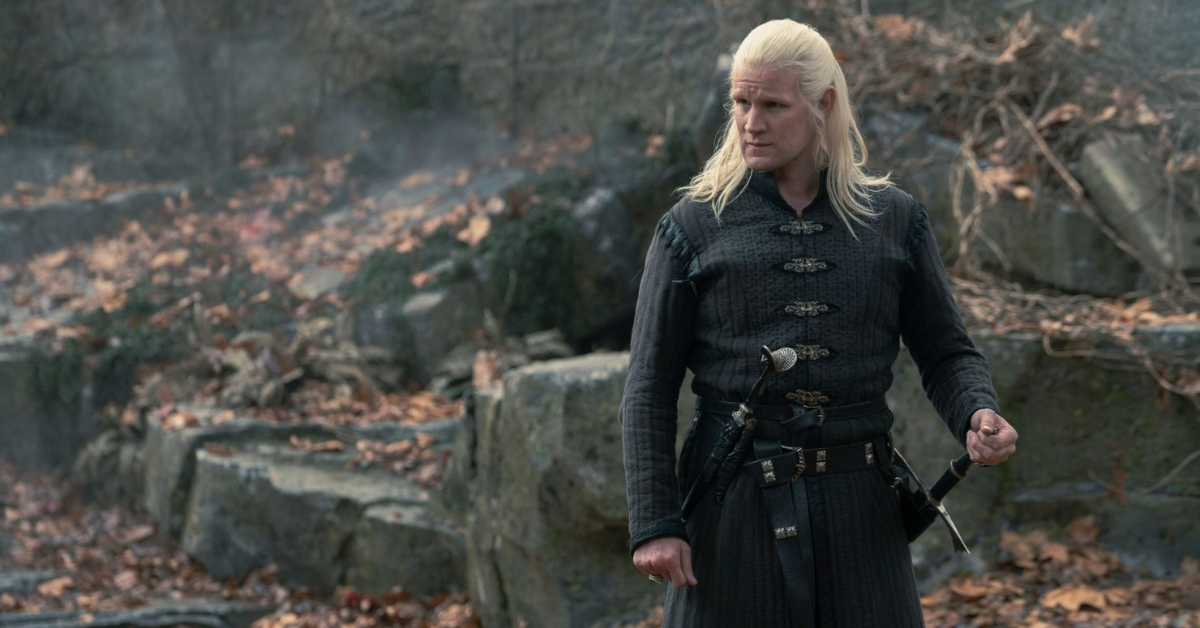
Every time a man entered the frame in Carol, something inside me died a little. Among the countless number of men passing through during the film, there was exactly one man of consequence I didn’t hate at any point in those two hours and even he had to earn my indifference.
It wasn’t personal. Sure, there are genuinely awful men in Carol, men who warrant dislike as individuals, such as the husband and his investigator. I’ll mention Therese’s boyfriend, though he was more of a small-time asshole. Therese’s other suiter, Dannie, seemed alright by the end. And Jack? He barely got screen time, and all he did was interrupt a conversation between our protagonists. But putting his hand on Therese’s shoulder? I hated that guy.
Before the men had been individually established as good or bad, I had already developed a blanket dislike for them. Why was that?
The film did its job. Like a good romance, Carol immersed me in the private universe of its lesbian lovers. In a society where heterosexuality is an enforced norm, straight men are all potential threats to the balance of said universe. It’s not that men in Carol really differ from their real life counterparts—they’re not unnaturally good or bad. It’s that their sense of sexual entitlement is painfully obvious from the perspective of two lesbians who just want to drink coffee in peace.
Let’s be clear what I mean when I talk about sexual entitlement. Its highest concentrations can be found in straight boys like myself. When we meet a woman we’re interested in, we don’t always stop to wonder if she’s interested in us. We tend to assume we’re worth her time. At best, we don’t pick up signs that indicate the opposite. At worst, we do pick up on them and become defensive. After all, how could women resist such charming dudes?
In bringing us to identify with its lesbian characters, Carol shows just how easy it is to resist and eventually even resent their “charm.”
 Let’s return to Dannie, the newspaper man. Despite ultimately seeming alright, he puts Therese in an uncomfortable position in the first act when he flirts with her and kisses her uninvited. In any other movie, this scene would have been cringeworthy, but tolerable. In a movie centered around lesbians, it’s completely unbearable. Poor Dannie doesn’t understand how superfluous he really is, and he doesn’t stop to consider Therese’s feelings or body language. He may seem alright in the end, but clearly he has a case of male entitlement.
Let’s return to Dannie, the newspaper man. Despite ultimately seeming alright, he puts Therese in an uncomfortable position in the first act when he flirts with her and kisses her uninvited. In any other movie, this scene would have been cringeworthy, but tolerable. In a movie centered around lesbians, it’s completely unbearable. Poor Dannie doesn’t understand how superfluous he really is, and he doesn’t stop to consider Therese’s feelings or body language. He may seem alright in the end, but clearly he has a case of male entitlement.
This attitude not only scares us with its implied sexual violence, but it stokes jealous resentment in those of us who identify with Therese and Carol. In order to avoid social condemnation, the two restrain their love and express it uneasily. The assumed familiarity of male characters contrasts this unease. When Jack interrupts the lovers to invite Therese to a party, part of us hates him for his ease. When he touches Therese’s shoulder just after Carol has done the same, we hate how naturally it comes to him, how privileged he is that he can be so casual. Unlike Carol, he doesn’t have to earn or mask that contact
To linger on Jack, the fact that he opens the film is significant because it asserts a heterosexual male perspective from the outset. This is just one way in which the film portrays male entitlement by virtue of its construction. Another example is how men often enter scenes of their own initiative and occupy those spaces without the consent of the women. When a man leaves the room, we suddenly find it a little easier to breathe. This dynamic is especially obvious in the cases of Carol’s husband and Therese’s boyfriend.
 I appreciated Carol first and foremost as a romance, but it also has something to offer straight men in the way of guidance. Better than any other film I’ve seen, it made me feel (to the extent I suspect a straight guy can) what it’s like for a woman to become an object of unwanted sexual attention.
I appreciated Carol first and foremost as a romance, but it also has something to offer straight men in the way of guidance. Better than any other film I’ve seen, it made me feel (to the extent I suspect a straight guy can) what it’s like for a woman to become an object of unwanted sexual attention.
This knowledge is valuable to us for a dozen reasons, but I’ll just give two big ones. First is that understanding the power dynamics that influence our behavior is necessary to subverting them and bettering ourselves. Empathy for women should move us to check ourselves for invasive behavior. Carol can clue us in.
Secondly, it’s just easier to take criticism of men after you’ve spent two hours hating them. Once we’ve seen micro-aggressions and privilege magnified through the eyes of Therese and Carol, we cease to feel the common gut reaction against acknowledging them. This is something guys like me need help with. Too often we get defensive and deploy the “Not All Men” cliché. We have trouble understanding how it’s reasonable for women to distrust men or self-identify as “man haters.” We ask, isn’t that a bit sexist?
No, watch this movie.
And watch it again, because I’m beginning to think the Academy isn’t going back on that Best Picture snub.
The GoodTrash Media team is dedicated to bringing you all of your post-popculture discussion to one place. We believe movies are more than just 90 minutes and a bucket of popcorn and we that discussion with you! Follow the GoodTrash Media Network on Twitter @Good_Trash




Leave a Reply